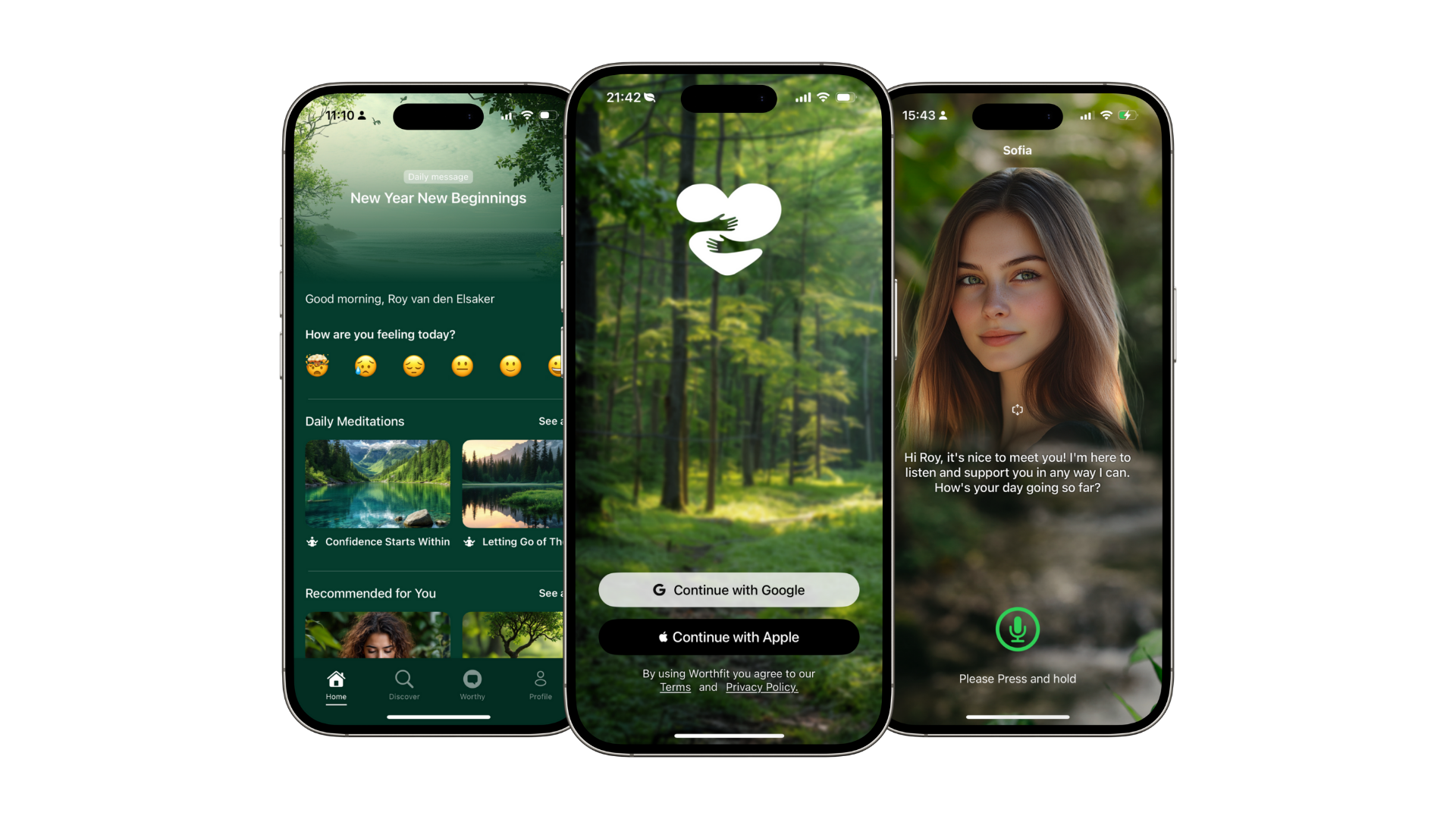
Let’s be real, how many times have you checked your phone today? If you’re like most people, probably more than you’d like to admit. Whether it’s mindless scrolling, binge-watching, or constantly switching between apps, screen time has crept into every aspect of our lives. And while tech makes life easier, too much of it? Not so great. It’s draining, distracting, and, let’s be honest, kinda exhausting.
But here’s the thing: you don’t have to go full-on digital hermit to feel better. A digital detox, even a small one, can make a massive difference. In this blog, we’re breaking down:
Table of Contents
Ready to take back control? Let’s dive in!
The Negative Effects of Excessive Screen Time
1. Increased Stress and Anxiety
Ever feel tense after scrolling through social media for too long? That’s no coincidence. Research from the American Psychological Association found that excessive screen time, especially on social media, spikes cortisol levels, making it harder to relax. The constant flood of information, notifications, and the pressure to stay “updated” leads to mental exhaustion. And don’t even get us started on doomscrolling, the habit of consuming negative news, which only fuels anxiety.
2. Poor Sleep Quality
You might think a little late-night scrolling won’t hurt, but your sleep cycle says otherwise. The National Sleep Foundation found that blue light from screens suppresses melatonin production, messing up your natural sleep-wake cycle. Translation? It’s harder to fall asleep, and you wake up feeling groggy.
3. Reduced Focus and Productivity
If you feel like your attention span has been getting worse, you’re not imagining things. A study from Stanford University found that people who constantly multitask between digital platforms have weaker attention control and struggle to focus on tasks for extended periods. Checking your phone every few minutes trains your brain to crave distractions, making deep work nearly impossible.
4. Physical Health Problems
Spending too much time on screens can contribute to various physical health problems. Ever heard of tech neck? Sitting hunched over your phone or laptop for hours can lead to neck pain, back issues, and poor posture. Excessive screen time also contributes to digital eye strain, causing dry eyes, headaches, and blurry vision. Not to mention, sitting for long periods without movement increases the risk of obesity and other metabolic health issues.
The Benefits of a Digital Detox
1. Lower Stress and Increased Mental Clarity
Imagine going a few hours without constant notifications buzzing in your ear. Sounds peaceful, right? Studies show that reducing screen time lowers stress and improves mental clarity. You’ll feel more in control of your thoughts and less mentally exhausted. When your brain isn’t overstimulated by an endless stream of content, it has time to process information better, improve memory retention, and strengthen problem-solving skills. A refreshed mind makes a huge difference in how you navigate daily life.
2. Better Sleep and Increased Energy
No screens before bed = better, deeper sleep. It’s that simple. Without the blue light messing with your melatonin, you’ll wake up feeling more refreshed and ready to tackle the day. Plus, less late-night scrolling means fewer chances of falling into the ‘one more video’ trap that turns into an unexpected 2 AM bedtime. More sleep means more energy, better mood, and increased focus throughout the day.
3. Strengthened Social Bonds
When was the last time you had a conversation without someone checking their phone? Reducing screen time lets you fully engage with people, strengthening friendships, relationships, and social skills.
Quality face-to-face interactions help improve emotional intelligence, build deeper connections, and even reduce feelings of loneliness. Your social life will feel more fulfilling when you actually give people your undivided attention.
4. Enhanced Physical Health
Less screen time means more time for physical activity. Whether it’s going for a walk, hitting the gym, or just stretching more often, moving your body boosts energy and improves long-term health. Studies show that even small breaks from screens to stretch or move around improve circulation, reduce muscle tension, and enhance overall physical well-being.
7 Effective Ways to Reduce Screen Time
1. Set Screen Time Limits
Use your phone’s Screen Time (iOS), Digital Wellbeing (Android) tracker or other focus apps to set daily limits. Try gradually cutting down usage each week rather than going cold turkey. Setting realistic goals, like reducing screen time by 15 minutes per day, can make it easier to form a sustainable habit without feeling deprived.
2. Create Tech-Free Zones
Make places like your bedroom, dinner table, or car screen-free. Keeping screens out of these spaces will naturally limit your usage. Establishing tech-free zones encourages more mindful living, which can help you build better habits like reading, journaling, or spending quality time with loved ones instead of reaching for your phone out of habit.
3. Follow the 20-20-20 Rule
To prevent digital eye strain, follow this simple rule: Every 20 minutes, look at something 20 feet away for at least 20 seconds. This helps reduce eye fatigue, dryness, and headaches caused by prolonged screen exposure. You can also take it a step further by incorporating short standing or stretching breaks to keep your body active throughout the day.
4. Implement No-Screen Mornings and Evenings
Start and end your day without screens. Instead of scrolling first thing in the morning or before bed, try reading, stretching, or meditating. Developing a calming morning and nighttime routine can help reduce stress, improve focus, and ensure you’re getting quality sleep. Consider using an alarm clock instead of your phone to avoid the temptation of immediately checking notifications.
5. Turn Off Non-Essential Notifications
Disable notifications for non-essential apps to reduce distractions and minimize unnecessary screen time. The average person gets over 85 notifications per day, pulling attention away from important tasks. Turning off non-urgent alerts from social media, email, and shopping apps can help you regain control over your time and focus.
6. Replace Screen Time with Real-Life Activities
Pick up a new hobby that doesn’t involve screens, like journaling, painting, hiking, or even cooking. Replacing digital habits with hands-on activities helps increase creativity, improve mental well-being, and bring more joy into your daily life. Challenge yourself to complete small goals, like reading one book per month or spending 30 minutes outside daily, to stay motivated.
7. Join a Digital Detox Hangout
Join a screen-free social event like The Offline Club events or organize your own hangout with friends. Spending time with others in a tech-free setting helps rebuild social skills, foster deeper relationships, and create fun, engaging experiences without the need for a screen. Whether it’s a game night, a nature walk, or a creative workshop, these experiences remind you of how refreshing life can be beyond the screen.
How Worthfit Helps You Build Better Habits
Starting a digital detox is easy, but sustaining healthier screen habits long-term? That’s where Worthfit comes in.
Inside the Worthfit app, you’ll find:
- Personal Growth Path → Learn how to replace mindless scrolling with meaningful habits with our topics like “Goal Setting” and “Building Positive Habits”, so you can make real changes that last.
- Mindful Breaks→ Discover guided mindfulness meditations that help you stay present and intentional with your time
We’re not saying you should ditch your phone completely, but small, mindful changes can make a huge difference, and Worthfit helps you make them stick.”
Final Thoughts: Take Back Control of Your Time
We get it, completely ditching screens isn’t realistic. But making small, intentional changes? Totally doable. By following these 7 simple steps, you can:
✔ Reduce stress and anxiety
✔ Improve sleep and focus
✔ Strengthen real-life connections
✔ Feel more present and energized
So, are you ready to break free from the screen trap? Start your digital detox today and experience life beyond the scroll.
Ready to build better habits? Download the Worthfit app and start creating a healthier relationship with your screen.
Remember: You’re Worth-fit
Worthfit is your personal mental health companion, designed to support you through guided self-care. Whether you need someone to listen, insightful articles to explore, personalized daily insights, or tailored (sleep) meditations, Worthfit can help you manage stress, track your mood, and build emotional resilience. Whenever you need it, wherever you need it.
Note: Worthfit is not a medical device and is not intended to diagnose, treat, or prevent any medical conditions.







